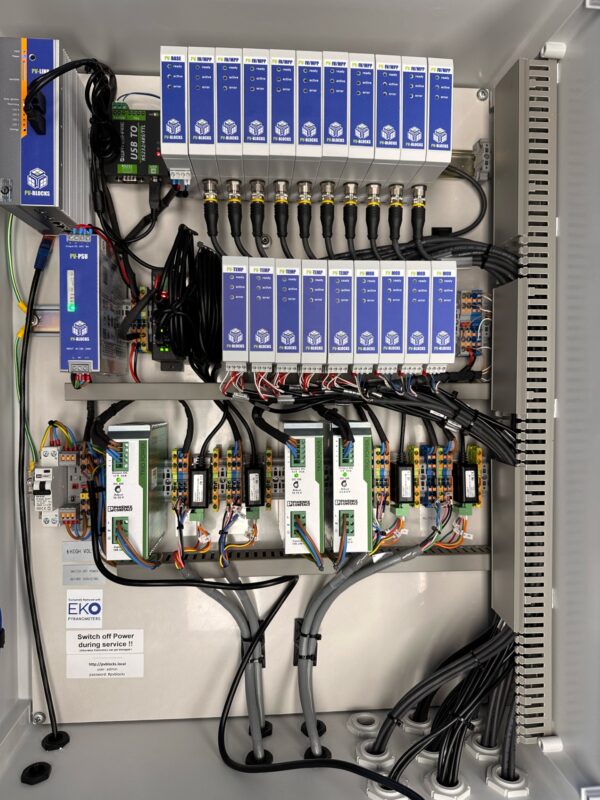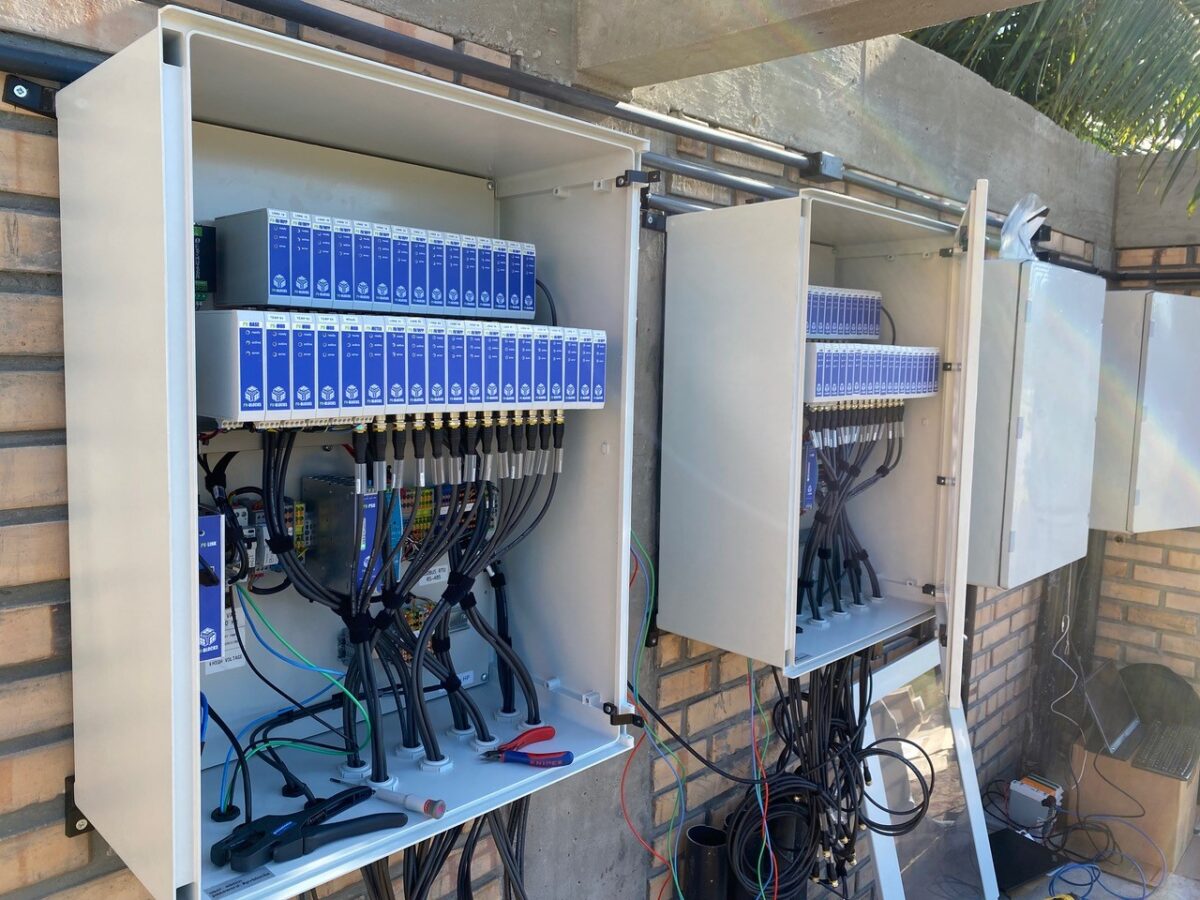EKO Instruments has introduced the PV Blocks performance measurement system, developed by Dutch engineering specialist ReRa Solutions.
The measurement system is purportedly capable of testing off-grid and grid-connected solutions with support for standard tests as defined in IEC 60891 and IEC 60904-1.
“Users can define the number of PV modules to connect to a variety of solar and meteorological sensors,” Kees Hoogendijk, EKO Instruments CEO, told pv magazine, who noted that the PV Blocks system has an integrated “rugged” PC, equipped with software to support data acquisition and data storage, a web-based interface, and an application interface (API) for Python programming packages.
The company is responding to the need to test under real-world conditions new types of PV modules for applications, such as building integrated PV (BIPV), agrivoltaics, and floating solar, as well as bifacial modules and perovskite solar cells.
“All of these need on site testing and research in diverse geographical regions, under varying environmental and atmospheric conditions,” said Hoogendijk. “It is difficult to test performance of the cells and modules in the lab under static conditions without verification outdoors.”
PV Blocks supports up to 32 PV test modules. Measurement loads range from 450 W to 900 W for IV-current voltages, maximum power point tracking (MPPT) and positive voltage biasing. The measurement of IV curves can be set from 200 ms up to 30 seconds. The system also features an optional IP55 weatherproof enclosure for outdoor deployment.
As the name suggests, individual modules or blocks can be added to the “base” system, which consists of a PC, a systems controller block, application software, a 24 VDC power supply unit, and a 10 m ethernet cable.
The optional measurement modules are equipped with cables, connectors, sensors, and optical components for the following tests: temperature, MPTT, power, voltage, irradiance, and IV curves. The optional Modbus unit has 4 channels to digitally connect external equipment, such as pyranometers, reference cells, or weather sensors.

This content is protected by copyright and may not be reused. If you want to cooperate with us and would like to reuse some of our content, please contact: editors@pv-magazine.com.



By submitting this form you agree to pv magazine using your data for the purposes of publishing your comment.
Your personal data will only be disclosed or otherwise transmitted to third parties for the purposes of spam filtering or if this is necessary for technical maintenance of the website. Any other transfer to third parties will not take place unless this is justified on the basis of applicable data protection regulations or if pv magazine is legally obliged to do so.
You may revoke this consent at any time with effect for the future, in which case your personal data will be deleted immediately. Otherwise, your data will be deleted if pv magazine has processed your request or the purpose of data storage is fulfilled.
Further information on data privacy can be found in our Data Protection Policy.